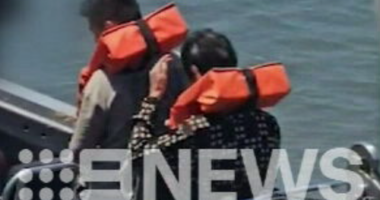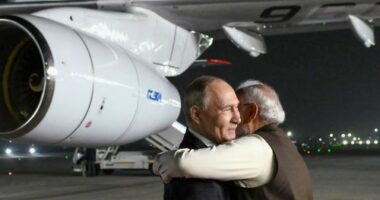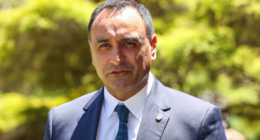Share this @internewscast.com
However, “it was brought to an abrupt halt,” she added, when USAID decided to pull away.

“The true victims are the communities plagued by violence, and notably, the women enduring abuse, as well as those directly impacted by violence who find it hard to envision a brighter future,” O’Toole expressed. “My empathy lies with them.”
ACFID believes the actual impact of the cuts to be greater than indicated by a survey, where less than half of its members responded.

The Trump administration’s funding cuts have resulted in a $400 million hit to Australian projects, according to ACFID. Source: SBS News
Australian-run programs in the Indo-Pacific region were hardest hit, with $113 million worth of funding lost in the Pacific, closely followed by $111 million in Southeast Asia.
The council revealed that programs focusing on children, such as those pertaining to education, health, nutrition, and the prevention of child trafficking, were deeply affected as well.

Child-related programs have been the most heavily impacted, according to figures.
The US government undertook a review during the initial 90-day pause to ensure only programs fully aligning with the president’s foreign policy were funded by USAID.
“There’s a lot of talk around peace from the administration. A desire to sign peace agreements to Nobel Prizes, but at the end of the day, peace starts in communities. It starts with people. It starts on the ground.”













